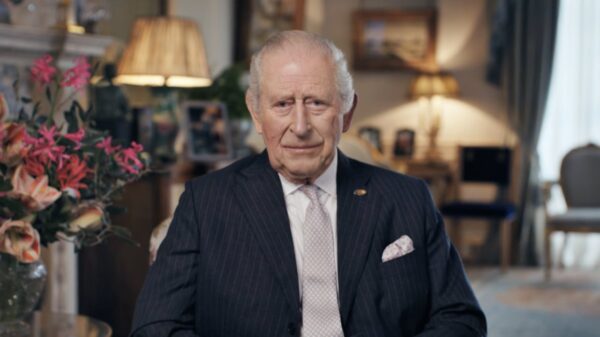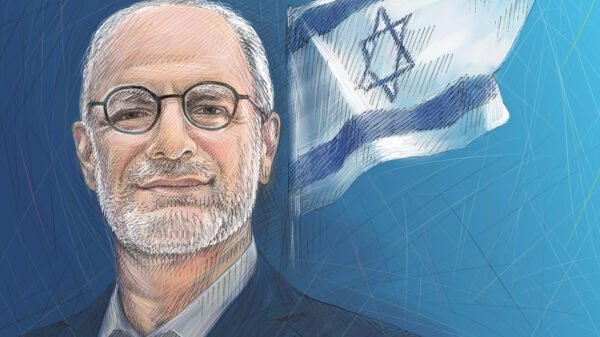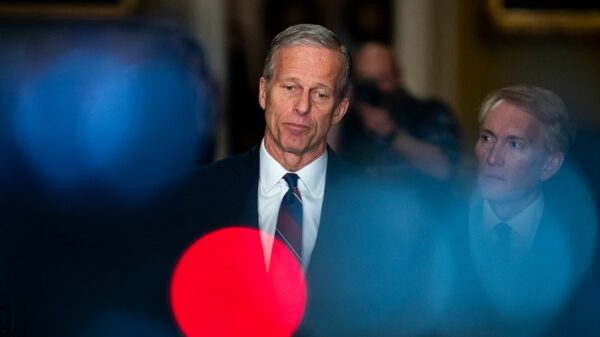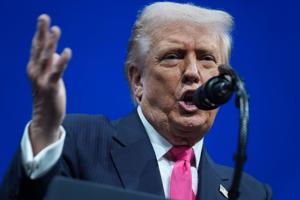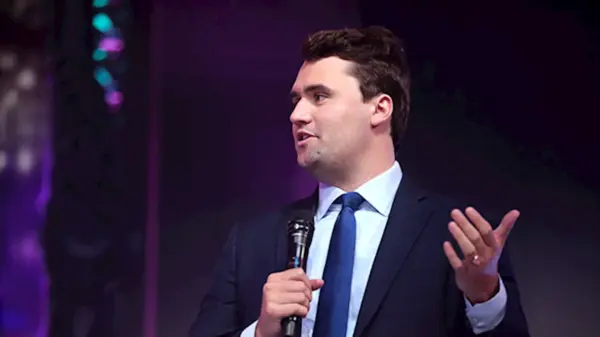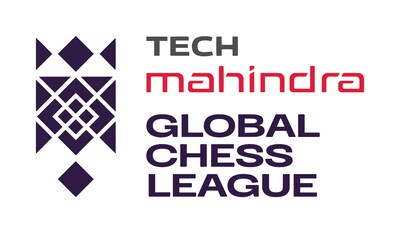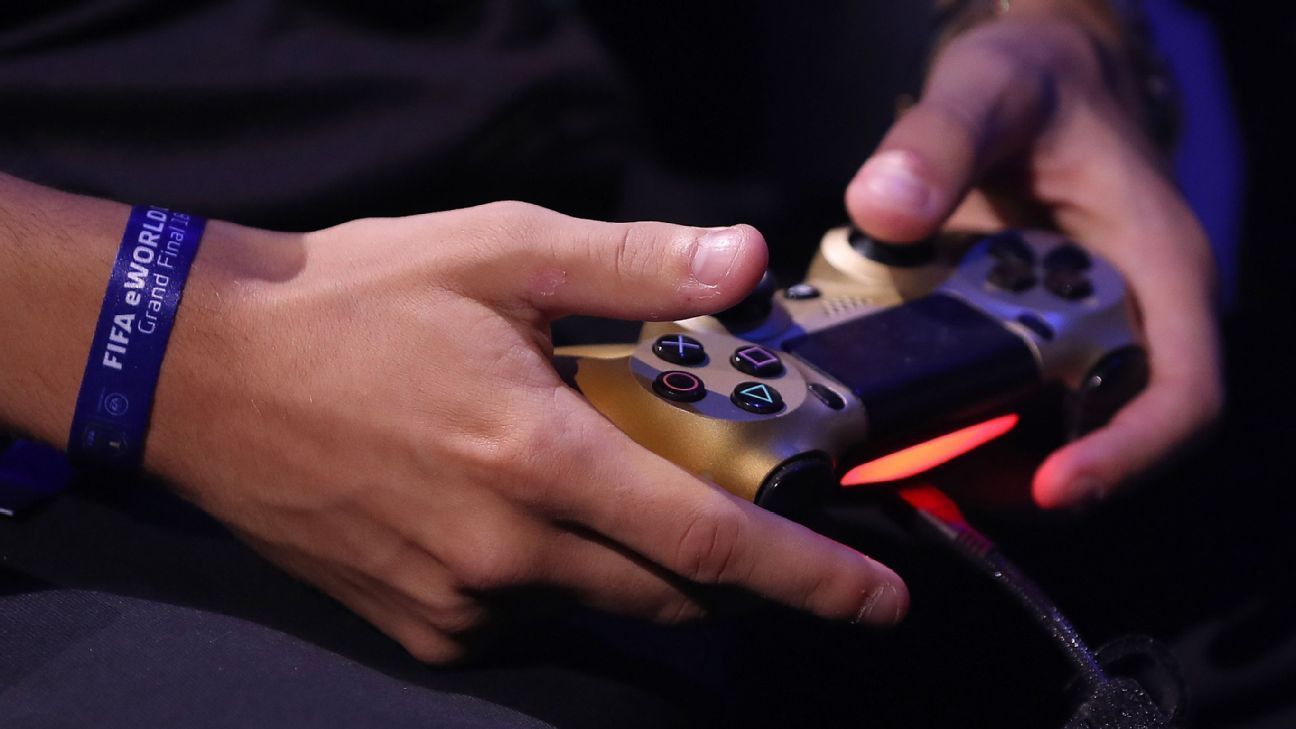The International Olympic Committee (IOC) and Saudi Arabia have terminated their agreement to host the Olympic Esports Games in Riyadh, a deal that was meant to span over 12 years. The IOC announced this decision on October 26, 2023, stating that both parties had “mutually agreed” to end their cooperation regarding the esports initiative. This cancellation marks a notable setback for Saudi Arabia, as the project was integral to the country’s Vision 2030 program, which aims to diversify its economy and enhance its global image through sports.
The partnership between the IOC and Saudi Arabia was initially confirmed just before the Paris Olympics in 2024. Plans for the inaugural Esports Olympics, scheduled for this year, were already postponed to 2027. The IOC emphasized that both organizations remain committed to pursuing their respective esports ambitions independently.
Challenges in the Esports Landscape
The IOC’s involvement in the esports sector has been complex, particularly given the nature of popular games. Saudi Arabia currently hosts the Esports World Cup, featuring titles such as Call of Duty and Counter-Strike. These games have raised concerns regarding their alignment with the Olympic values, especially as the IOC seeks to appeal to younger audiences.
In announcing the Saudi partnership last year, former IOC president Thomas Bach highlighted the need to ensure that “the Olympic values are respected,” particularly concerning the types of games included in the program. Despite the potential financial benefits of a Saudi-backed esports initiative, including significant prize money, the IOC’s decision reflects ongoing challenges in balancing commercial interests with the integrity of the Olympic brand.
Future Directions for Olympic Esports
Following the cancellation of the agreement, the IOC stated it would “develop a new approach” to the Olympic Esports Games. This new strategy aims to create a partnership model that aligns more closely with the long-term ambitions of the Olympic movement. The organization expressed its intention to make the inaugural games happen “as soon as possible,” indicating a commitment to moving forward with esports despite the recent setback.
While the cancellation of the Saudi partnership represents a significant shift, it also opens the door for the IOC to explore other avenues in the esports realm. The global esports market continues to grow, and the potential for integrating esports within the Olympic framework remains a topic of interest. The IOC’s focus on developing a new direction could ultimately provide fresh opportunities for both traditional sports and esports to coexist and thrive together in the future.






